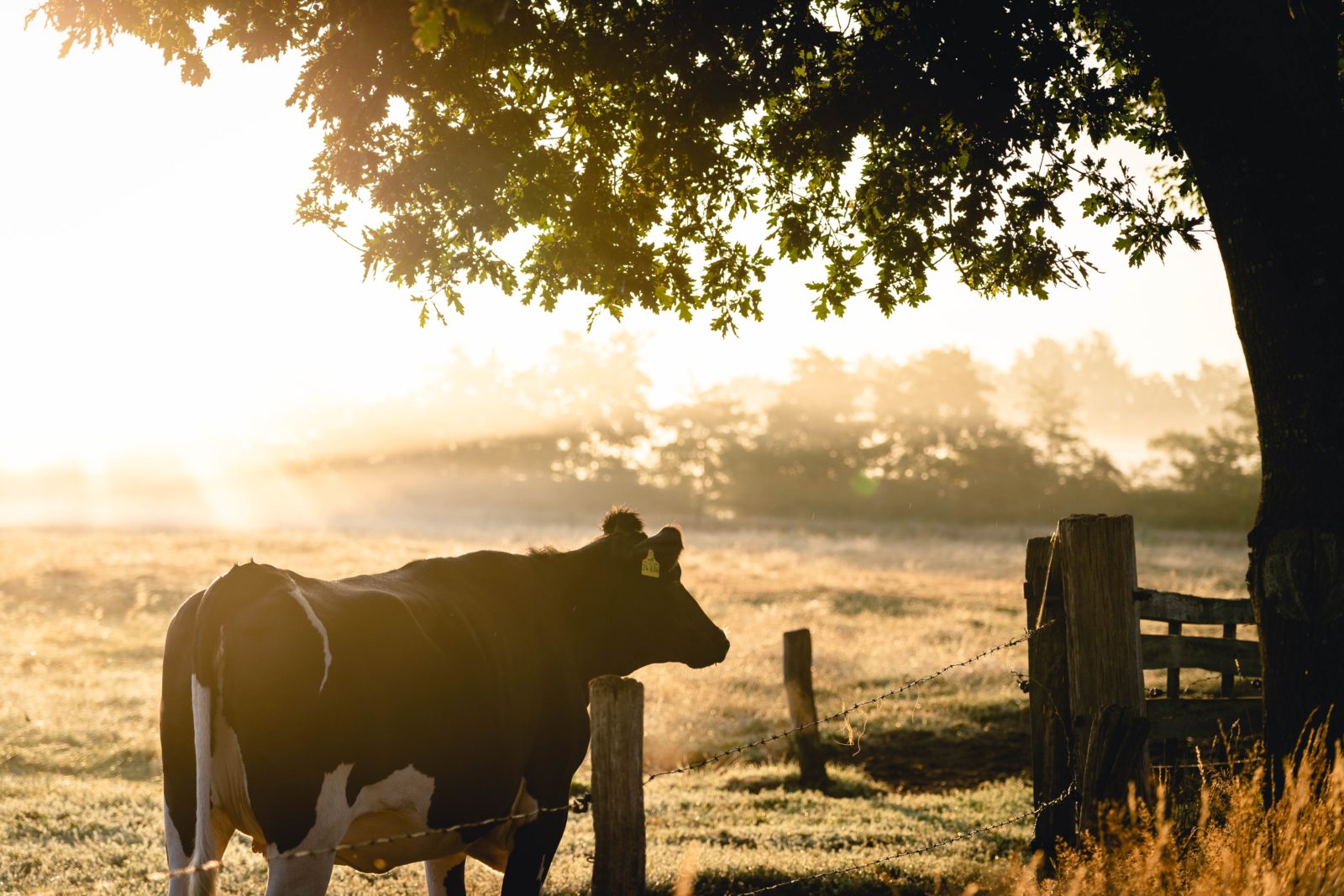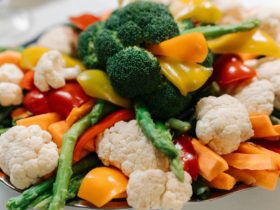Taking care of the land and maintaining one’s farm for future generations means letting go of time and the concept of rest. A vacation becomes nearly non-existent. “Time doesn’t play a special role for us here because it can’t be divided into work and leisure,” shared Filip Marek, the owner of an eco-farm in Český ráj.
Visitors to the farm near the village of Všeň might feel like they’ve entered a slightly different world. Indian teepees have been set up in the pastures since spring, a few horses graze nearby, and trees bloom, creating an environment that exudes a romantic atmosphere, especially for urban dwellers.
The eco-farm encompasses hectares of fields, expansive meadows, horse breeding, and a herd of cattle. Additionally, there is a vast orchard, a fruit drying facility, and a renowned fruit juice production facility that attracts hundreds of people each year for both commercially available juices and processing their fruit.
“From time immemorial, the owner of the land is not only a farmer but also an economist, repairman, and sometimes even a veterinarian. I have to monitor gas prices, energy costs, and fuel prices and adjust accordingly. For instance, the juice production line runs entirely on electricity, so last year’s increase in electricity prices naturally affected us as well,” shared Filip Marek.
Caught in a trap, unexpected increases in energy and fuel prices forced farmers to adjust their prices for customers. They sometimes find themselves in a peculiar cycle. They will start losing money if they don’t raise prices or adjust to reality. However, some customers might be lost if they do so.
“I had to adjust the prices of our products and services reluctantly. It’s not just electricity that has increased; it’s also the price of diesel and the packaging we use for juice production. However, I try not to raise prices excessively because we are all affected by the increase, including our customers, most of whom are from the vicinity of our farm,” added the farmer.
On the fields of his farm, you won’t find grains or vegetables; they exclusively grow feed for domestic animals. “We have a herd of twenty grazing cows. However, we don’t have dairy cows because they need to be milked twice daily, which requires more time and is scarce. The milk is only given to the calves until they are weaned, after which it is sold to another farm,” explained the farm owner.
To ensure year-round feeding for their animals, including horses, they must have an adequate feed supply throughout the year. This means creating a sufficiently large feed base during the summer to last through the entire winter. This requires dozens of tons, and they know how much they consume during the winter. Once they have enough feed for themselves, they can sell the surplus.
Filip Marek devotes considerable care to his fruit trees. People from Prague, Liberec, Kladno, and other cities regularly visit his farm for fruit juice. Caring for an extensive orchard with hundreds of trees takes significant time. “We have plums and dozens of apple varieties and are constantly searching for new cultivars. It’s impossible to predict what kind of season awaits us and whether the harvest will be good. It depends on many circumstances, and we usually have a clear picture in autumn.”
On the farm, Filip Marek usually works alone during the day. His wife goes to work, and both sons attend school. They see each other only in the evenings and on weekends. There isn’t much romance involved. Farming is not just a job; it’s a way of life,” smiled Marek Filip.





